Week in review: Goodbye Mr Jobs; iPhone moaning; mobile buyouts
It's been a week of highs and lows as Apple announces the iPhone 4S, only to be followed by the sad news of the death of Steve Jobs.

The death of Steve Jobs reminded us of the influence the man has had on the tech industry.
The announcement of the iPhone 4S was closely followed around the world and the news that some of Apple's smartphone rivals could be reorganising themselves is a reminder of just how much Jobs and his company have changed mobile phones.
Goodbye Mr Jobs
Even though Steve Jobs' battle with cancer has been public knowledge for years now, the news of his passing still caught all of us here at IT Pro off-guard. Even if you disagree with Apple's policies and have never bought an Apple product, Jobs' wide-ranging influence on the tech industry, and therefore society in general, is indisputable.
Jobs has received plaudits from rivals, such as Bill Gates, and admirers as well-known as President Obama. It's therefore difficult to pay tribute to the man without sounding repetitive. The words of John Perry Barlow sum up our feelings best: "the world just became a less interesting place."
Jobs is survived by his wife of 20 years, Laurene, and four children.
iPhone 4hisssssss
Get the ITPro daily newsletter
Sign up today and you will receive a free copy of our Future Focus 2025 report - the leading guidance on AI, cybersecurity and other IT challenges as per 700+ senior executives
There's an old saying that you can't please everyone all of the time. Apple must know this more than most. Following fever-pitched speculation, the company unveiled its latest smartphone, the iPhone 4S. As its name suggests the iPhone 4S is a revamped version of its predecessor, but with more powerful specifications and new software features such as the Siri voice recognition capabilities.
All of this wasn't enough to stem an unholy howl of moaning across the internet, presumably from people expecting a totally new iPhone 5. We don't have much sympathy for this whining and neither should Apple it isn't the job of any company to satisfy rumours and unfounded speculation.
Putting aside the easily discernable pattern of previous releases indicating that a new design would have to wait until 2012 and the fact that no company can bring out radically new versions of products every year, a user of China's Weibo microblogging service put it best: "If we can't show off with it, what's the point of buying one? Vain people don't care about features, they care about how it looks."
Shady deals in smoky back rooms
The success of upstarts like Apple and HTC in the smartphone market was always going to lead to consolidation amongst the also-rans at some point and that time may finally have arrived.
There's speculation that Vodafone is in talks to buy Blackberry maker RIM. Given the trend in recent years of power moving away from network operators to phone manufacturers, benefiting customers, the potential of this deal to halt that trend leaves us uneasy. Would a Vodafone-owned RIM would do anything to discourage the use of Blackberries amongst rioters and drug dealers? Not as long as they continue topping up, innit?
Meanwhile, there are reports that Sony could buy out Ericsson, effectively ending the Sony-Ericsson joint venture. Although this would be the end of an era for Ericsson which used to be a major manufacturer of phones in its own right, it makes sense for Sony to have more control in a critical and burgeoning market. Sony may already have signalled that it no longer has faith in the partnership as its Android tablets bear the Sony name, not Sony Ericsson.
It's all a bit like rearranging deck chairs on the Titanic. I wonder if the band music is still playing on their Zunes?
-
 Bigger salaries, more burnout: Is the CISO role in crisis?
Bigger salaries, more burnout: Is the CISO role in crisis?In-depth CISOs are more stressed than ever before – but why is this and what can be done?
By Kate O'Flaherty Published
-
 Cheap cyber crime kits can be bought on the dark web for less than $25
Cheap cyber crime kits can be bought on the dark web for less than $25News Research from NordVPN shows phishing kits are now widely available on the dark web and via messaging apps like Telegram, and are often selling for less than $25.
By Emma Woollacott Published
-
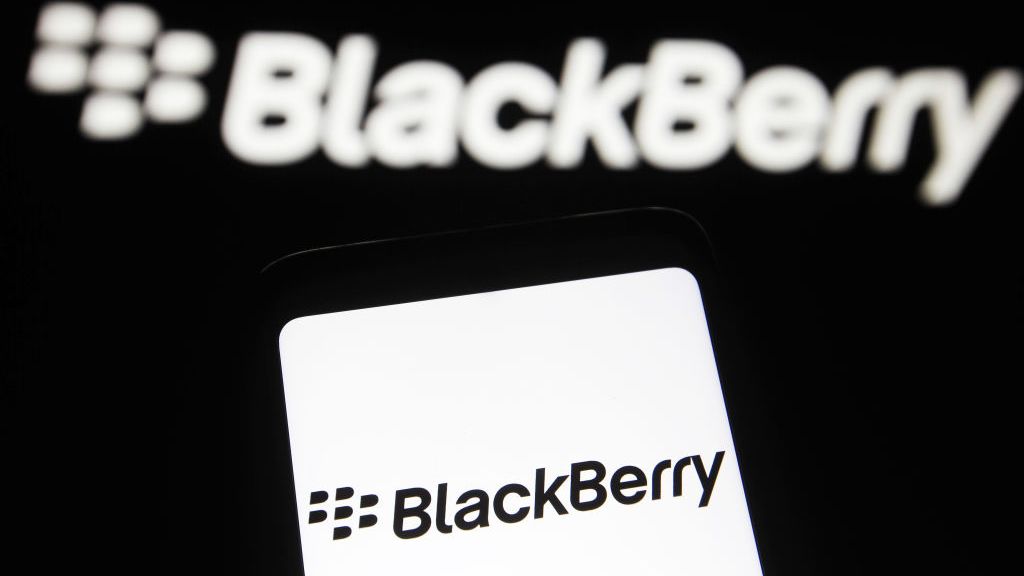 Blackberry revenue falls by 4% as cyber security division takes hit
Blackberry revenue falls by 4% as cyber security division takes hitNews Despite this, the company’s Internet of Things (IoT) division increased its revenue by 28% as it attracted new customers from the automotive sector
By Zach Marzouk Published
-
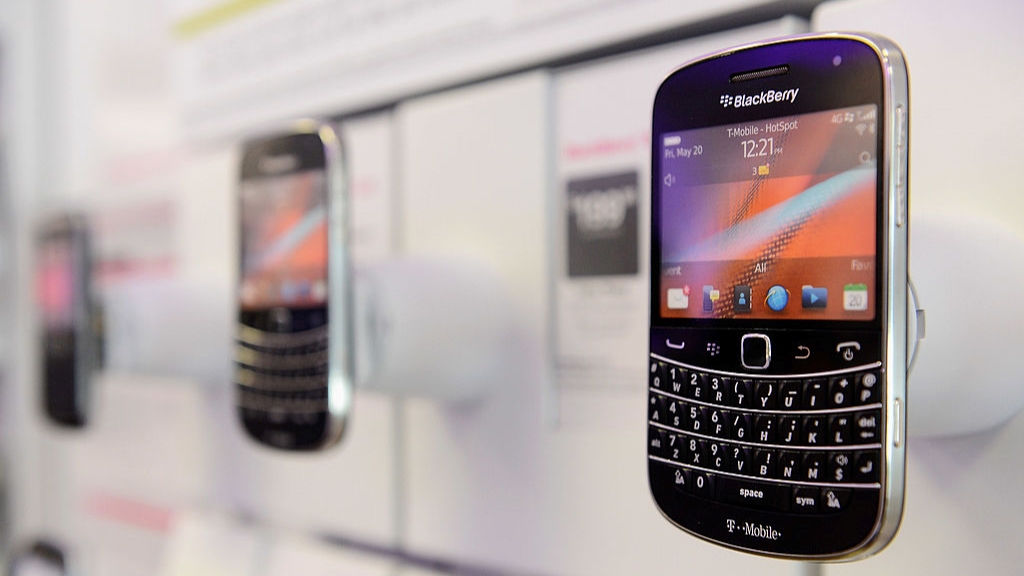 BlackBerry revival is officially dead as OnwardMobility shuts down
BlackBerry revival is officially dead as OnwardMobility shuts downNews The Texas-based startup is mysteriously shutting down and taking its ultra-secure 5G BlackBerry with it
By Bobby Hellard Published
-
 BlackBerry and AWS are developing a standardized vehicle data platform
BlackBerry and AWS are developing a standardized vehicle data platformNews Platform will give automakers a standardized way to process data from vehicle sensors in the cloud
By Rene Millman Published
-
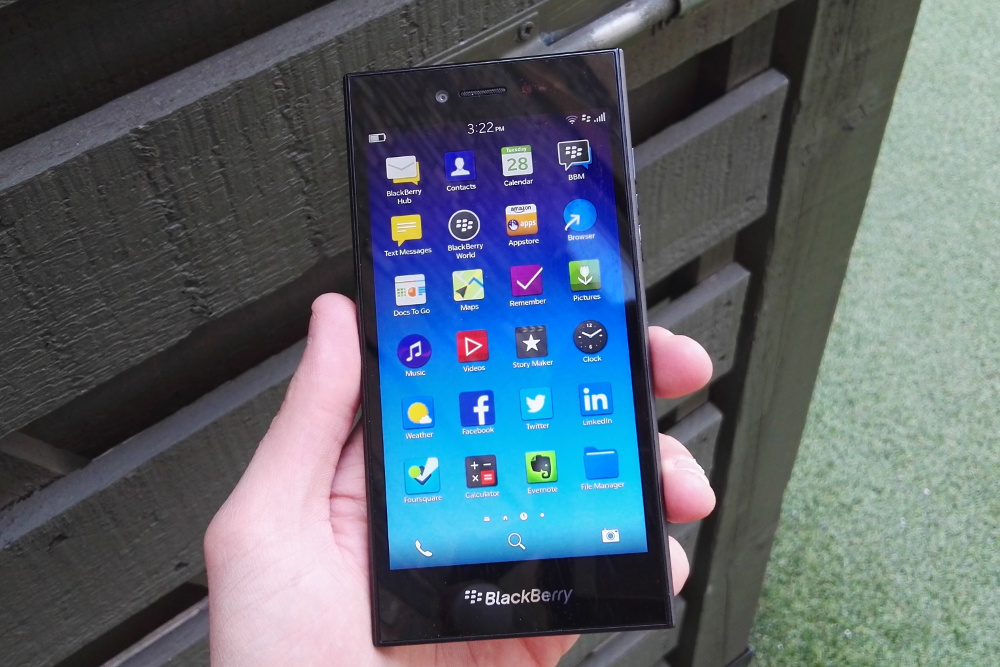 BlackBerry thwarts mobile phishing attacks with new AI tools
BlackBerry thwarts mobile phishing attacks with new AI toolsNews The company's Protect Mobile platform alerts users to potential malware before a link is clicked
By Tyler Omoth Published
-
 BlackBerry Persona Desktop delivers zero-trust security at the endpoint
BlackBerry Persona Desktop delivers zero-trust security at the endpointNews New security solution learns user behavior and can take action if there’s an abnormality
By Justin Cupler Published
-
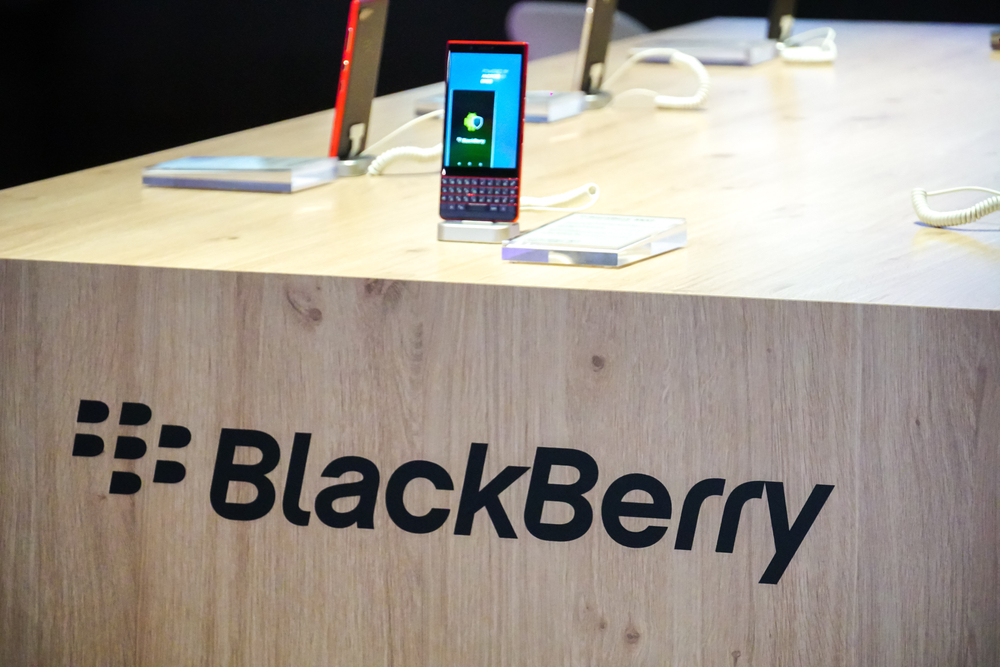 A 5G BlackBerry phone with physical keyboard is coming in 2021
A 5G BlackBerry phone with physical keyboard is coming in 2021News The business phone to be resurrected with OnwardMobility and FIH Mobile planning a security-savvy enterprise handset
By Bobby Hellard Published
-
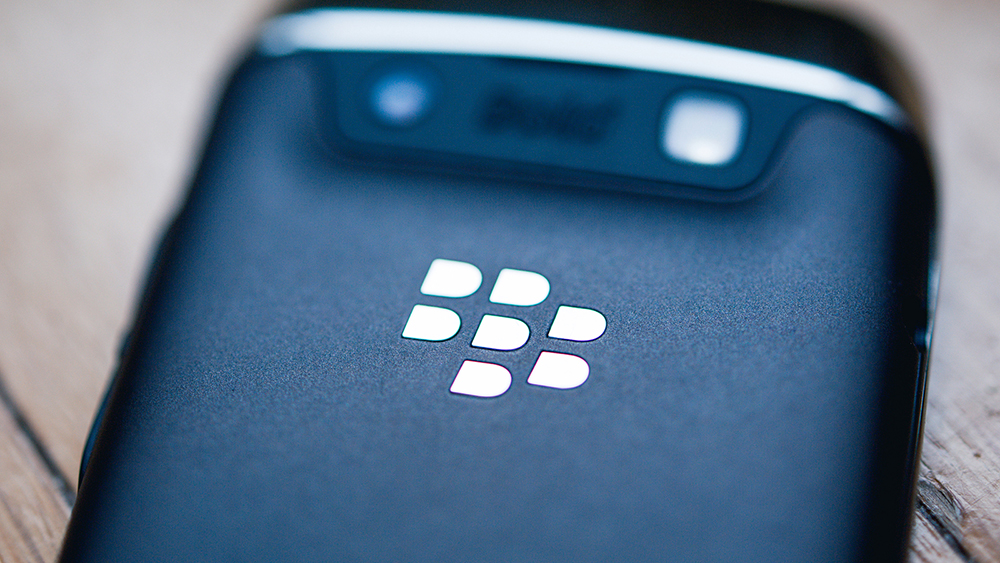 The business smartphone is dead
The business smartphone is deadIn-depth BlackBerry’s demise signals the end of the business-first handset
By Carly Page Published
-
 BlackBerry Key2 review: The best physical keyboard no one asked for
BlackBerry Key2 review: The best physical keyboard no one asked forReviews Despite the improvements, the flaws of BlackBerry’s Key range are still front and centre
By Bobby Hellard Published